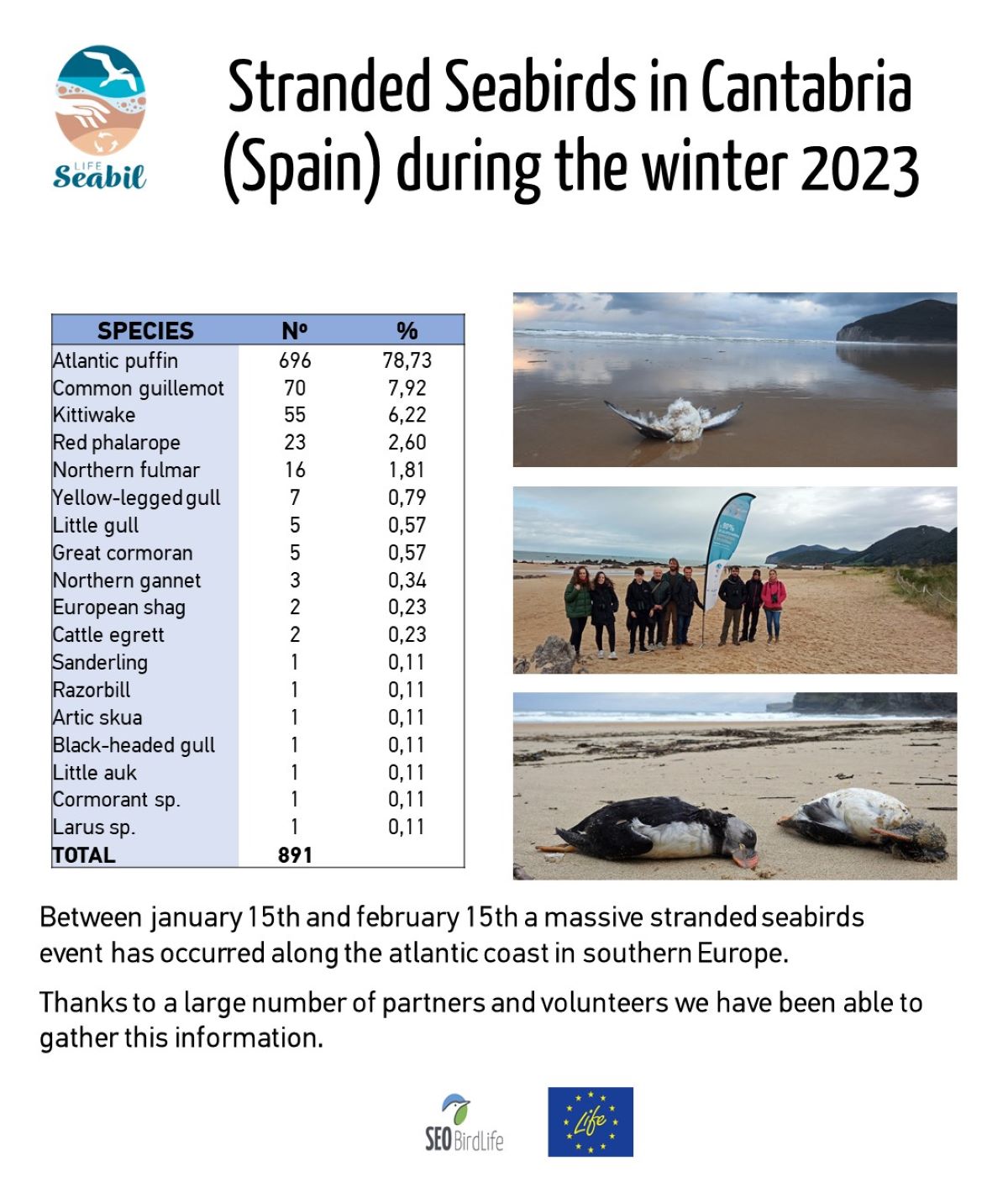The real risks posed by plastics to organisms are still far from known. What is known is that seabirds, by mistaking them for prey, ingest plastic substances that can have dramatic consequences on their health, leading to obstruction of the respiratory tract, a feeling of satiety, blockage of the digestive tract and premature death.
Recently, a study discovered a new disease resulting from the ingestion of plastic by seabirds: “plasticosis”. Our knowledge of the subject is still limited, which is why it is vital to improve it. This is one of the primary objectives of LIFE SeaBiL, with the creation of a stranding network. Its aim is firstly to carry out voluntary monitoring of birds stranded on our coastlines, and secondly to collect and store recently dead seabirds in care centers for analysis by the LIENSs laboratory at the University of La Rochelle.
These analyses will make it possible to identify one or more indicator species for monitoring plastic pollution and, ultimately, to carry out scientific research on the stored tissues.

The first surveys took place this winter, with massive strandings in Portugal and Spain.
In Spain, the SEO mobilized its volunteers from January 15 to February 15 to carry out monitoring in Cantabria, in the face of unprecedented strandings of alcids. 891 stranded seabirds were counted during the winter of 2023, most of them in January. The causes are not yet known, but it would appear that these strandings are not linked to avian flu. The vast majority of the seabirds found were puffins, and the SEO is still studying the situation to better understand the phenomena that could have led to such strandings. Other surveys are still being compiled in other regions of Spain.
In Portugal, the situation this winter was even more alarming, with SPEA counting over 1,500 seabirds on its coasts between December 1 and March 4, 2023. Most of them were stranded between January 15 and 28, 2023, leading us to believe that a particular phenomenon was responsible for all these strandings. Once again, most of the birds found were puffins. Avian flu has been ruled out for the time being, and consolidated figures will be available shortly.
In France, thanks to the work of hundreds of volunteers and care centers, nearly 415 kms of coastline were surveyed. In all, nearly 400 stranded seabirds were observed this winter, mainly larids. For their part, the care centers stored carcasses of dead seabirds in their centers. In the end, some 100 seabirds will be examined at the University of La Rochelle and around 80 at the University of Cadiz this summer.
The number of stranded birds observed during this first large-scale mobilization is alarming, and the analyses to follow will enable us to determine the potential role of plastic pollution in the death of these individuals. We would like to extend our warmest thanks to all the volunteers who took part in these surveys, without whom the analyses would not have been possible. We would also like to thank all the care centers involved in the project. You can find the contact details of these centers and associations in the stranding network booklet. Don’t hesitate to support their vital work by contacting them directly for a donation or volunteer help!